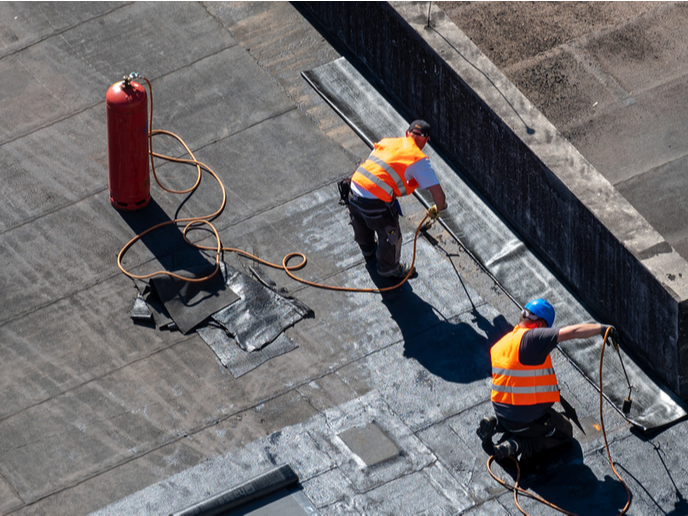Promoting the skills needed to deliver heat pumps’ potential
More efficient than fossil fuel boilers, heat pumps reduce life-cycle energy costs. If driven by green electricity, they also reduce carbon footprints. In buildings, they can provide space heating and domestic hot water as well as space cooling in the case of reversible systems. According to the European Heat Pump Association, the EU has 16.98 million heat pumps installed, 14 % of the heating market, with 2021 heat pump sales growing by 34 %. “We already see increased demand for skills along the value chain, from factories to installation, for both new and retrained professionals,” notes Padraic O’Reilly, coordinator of the EU-funded HP4All (Heat Pumps Skills for NZEB Construction) project. HP4All created a package of piloted measures to improve European awareness and skills regarding heat pumps. “We increased end-user awareness of high-quality heat pumps, while providing tailored training and promotion of existing options to boost the skills needed to meet growing demand,” says O’Reilly.
Three regional pilots
HP4All conducted three regional pilots, each representing different degrees of market maturity. To better understand each market, the team interviewed stakeholders, including installers, system designers, manufacturers, end users and training providers. “This helped us identify each pilot region’s specific requirements, so we could roll out tailored activities and training,” explains O’Reilly. The Irish pilot has primarily focused on local authorities and their respective heat pump installations, with a secondary focus on large-scale heat pump installations and private domestic heat pump installations. HP4All has provided training to local authorities in a first attempt to provide the staff who will be responsible for installations with the information they need and a source of further resources if required. The Upper Austrian pilot aimed to boost the market for mid- and large-scale heat pump applications (commercial and industrial). The project’s activities were geared towards overcoming current challenges, such as low levels of awareness among planners and users, alongside the lack of required skills. Pilot activities in Andalusia, Spain, tapped the public sector’s potential to drive demand through public promotions and leveraging this sector as a key market influencer able to provide legislative, administrative and financial initiatives. The pilot focused primarily on heat pumps for public buildings (residential and non-residential).
Enabling resources
The HP4All project developed a Competency Framework outlining skills – grouped into technical, customer and business clusters – considered vital for heat pump sector growth. The Framework was developed after consultation with stakeholders through workshops and surveys, interviews with heat pump expert groups and event panel discussions, such as those carried out by the European Heat Pump Association, a partner in the consortium. This was complemented by desk research, including into comparable models from other fields. To retain and share the resources created and collated by the pilots, a Knowledge Hub was set up for each which included a heat pump benchmarking tool, a set of dedicated resources relevant for each stage of the supply chain. “The tools help decision-making, after users learn more about operational performance, with information about seasonal factors, expected energy consumption and costs, based on building type and specific heat pumps,” explains O’Reilly. Based on the lessons learned in the project, the consortium also produced policy recommendations to help public authorities at various level of governance ensure the availability of skilled professionals. “We highlight where regulations need to be changed, and skills shortages as a significant obstacle to achieving not only heat pump initiatives, but also related ones, such as the European Green Deal and the renovation wave,” says O’Reilly.
Meeting the challenge
Industry estimates that by 2030, the number of heat pump manufacturing, installation and maintenance workers must increase by 50 %. In addition, at least 50 % of existing energy industry workers must be reskilled for heat pump technologies. The EU’s strategy for sector integration foresees that in 2030 40 % of all residential and 65 % of all commercial buildings will be heated by electricity – many using heat pumps. “More reskilling and upskilling investment is needed, alongside incentive schemes to attract new professionals. A new approach, promoting micro-credentials and digital/hybrid learning, alongside the mutual recognition of competencies, should also be pursued,” adds O’Reilly. HP4All’s observer countries – Croatia, Portugal and Romania – now intend to become early adopters of the HP4All package, with the team planning to replicate their model in 10 more regions and Member States by 2030.
Keywords
HP4All, heat pumps, energy, Green Deal, skills, micro-credentials







